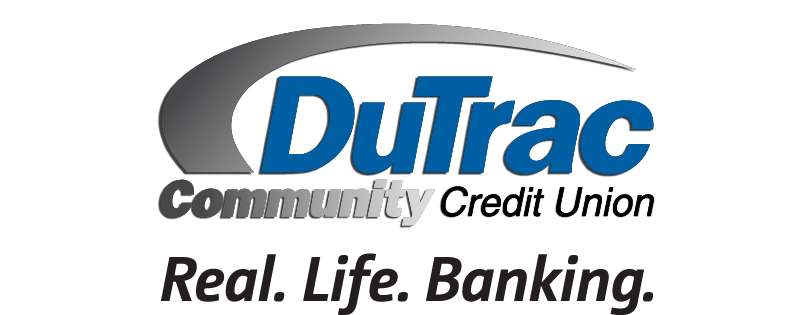
The first step is to understand how credit works and begin making a plan.
- Lock away your credit cards. Now, do not close your accounts just yet. You may have difficulty getting new cards if your credit rating is poor. So the first step is to stop using them and stick to your immediate goal of repairing your credit rating and getting out of debt.
- Find out where you stand. No one likes to focus on budgets and net-worth statements, but it is a necessary first step, just like getting on the scale before you begin to diet. It will help you to measure your success.
- Make a plan. If you are going to repair your credit, paying your bills on time is a must! That means you need to pay at least the minimum balance on each bill within 30 days. If this is not possible, you may consider credit counseling.
- Most creditors will reconsider terms with you if you have trouble paying bills. First, write a letter to the creditors describing your problem and requesting reduced payments or other options. Then stick to your new schedule.
- Add pertinent information to your credit file. Your credit report may be damaged as much by the information that is omitted as the information found there. Although creditors are not required to report information to the credit bureau, you are entitled to add information that you think will help your rating. According to the law, you can write a letter of up to 100 words involving any credit dispute.
This might include details of loans that were paid on schedule, active accounts where you have an excellent record, salary increases, and information regarding your mortgage, car loan, or the settlement of disputed bills.

